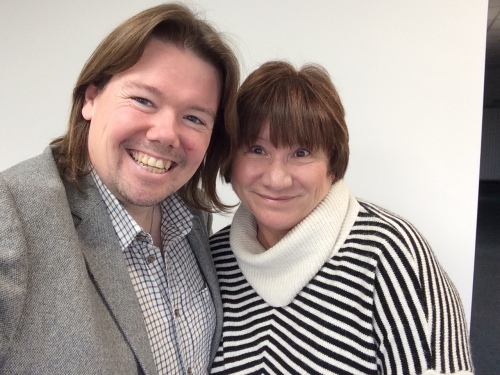Leukaemia Care has published this outstanding report, it’s well worth a read. As a trustee of Leukaemia Care and a CML patient, I’m incredibly proud of the hard work that has gone into publishing this. Thank you. Kris
What’s the problem?
Research from sources such as Macmillan and Public Health England has shown that cancer survival worsens with increasing age. Older patients (those aged 65 and over) make up just under two-thirds of all leukaemia cases (64%). However, this group accounts for 81% of all leukaemia related deaths. The new report ‘Leukaemia: I wasn’t born yesterday’ looks at the challenges faced by older patients and makes recommendations for improvements.
What this means for patients
As part of our report, we undertook a survey of over 1,300 leukaemia patients, to uncover the inequalities that are impacting on cancer survival and patient experience.
Based on what you told us, we have made the following recommendations:
1. Improved awareness of the signs and symptoms of leukaemia, amongst the public and healthcare professionals, including the link between leukaemia and age.
2. Access to a clinical nurse specialist from diagnosis onwards for all patients.
3. Tailored information and support for patients, based on their individual need, not age. This should include guidance on finding accurate information online.
4. Equal access to clinical trials for patients of all ages, to ensure that robust evidence is available on the most appropriate treatment
What can you do to help?
1. Download a copy of the report (PDF)
2. Share the report on social media to help spread the word
3. If you’re aged 65 and over and have been affected by leukaemia, get in touch with us to share your story by emailing advocacy@leukaemiacare.org.uk or calling 01905 755977
4. Keep up to date with our campaigns by signing up to receive email communications from LC.







